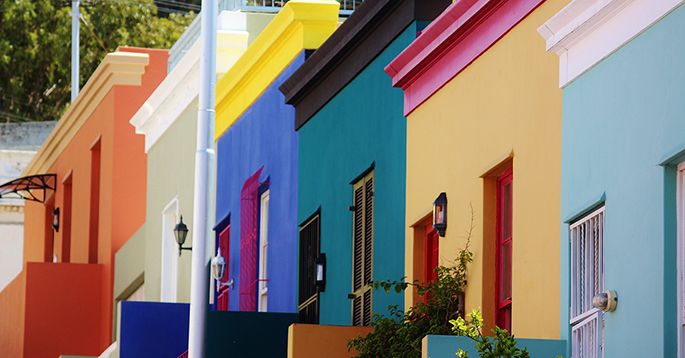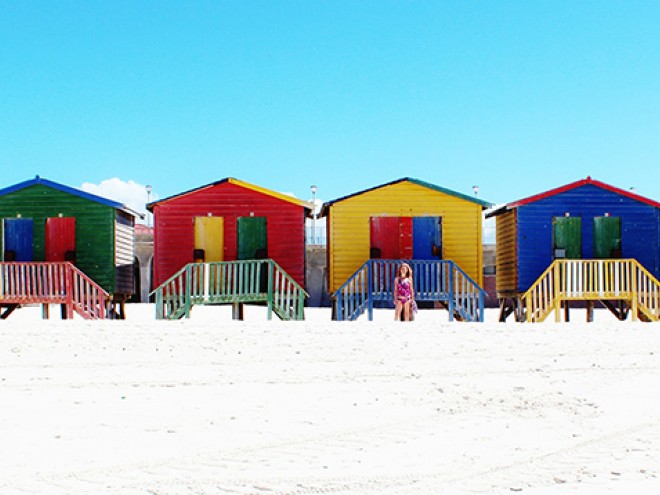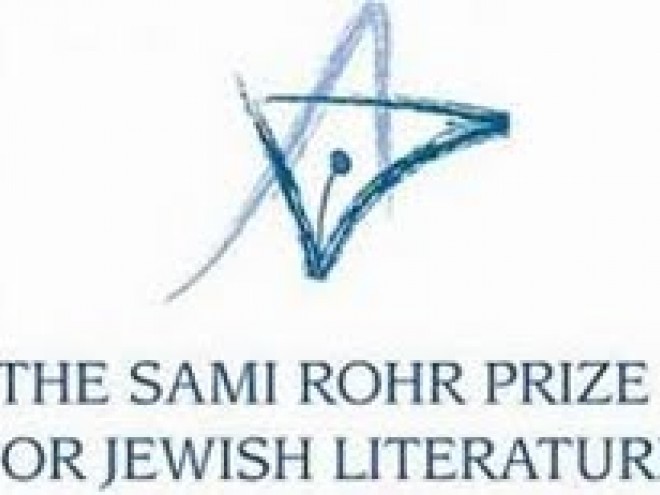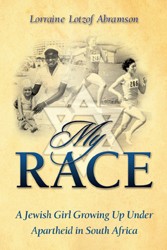Recently invited to speak at South Africa’s first-ever festival of Jewish literature, The Rowing Lesson author Anne Landsman shares the story of her visit and the discoveries she made there as part of the Visiting Scribe series here on The ProsenPeople.
(Read Part I of the essay here.)
In Cape Town, one is never too far from the cawing of sea gulls and the bracing scent of sea spray, with Table Mountain and the peaks surrounding it presiding over the human activities in the city below. The splendor of the natural environment, so close to the buildings and highways, so interwoven in the fabric of everyday life, is ever-present, and I could not help bringing this awareness to the community center on the brilliantly sunny morning of the festival. People milled about a central courtyard waiting to enter the various venues. Days earlier, all 650 tickets to the festival had been sold out and there was a discernible hum of anticipation and excitement in the crowd.
There was something for everyone on the program: a range of offerings for adults as well as programming for young children and teens, which included childcare for the very youngest attendees.
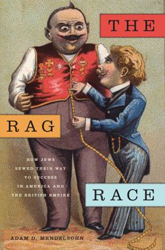 Kevin Bloom spoke to John Matisson about the impact of South Africa’s Jewish journalists; Nechama Brodie gave a talk about slavery in the Cape; Dennis Davis, in conversation with Johnny Copelyn, dealt with the question of whether unions really influenced the character of South Africa’s democracy. The indomitable Albie Sachs, famous for his anti-apartheid activism which cost him an eye and an arm in a car bombing in Maputo in 1988, spoke to Ruth Carneson about surviving childhood trauma.
Kevin Bloom spoke to John Matisson about the impact of South Africa’s Jewish journalists; Nechama Brodie gave a talk about slavery in the Cape; Dennis Davis, in conversation with Johnny Copelyn, dealt with the question of whether unions really influenced the character of South Africa’s democracy. The indomitable Albie Sachs, famous for his anti-apartheid activism which cost him an eye and an arm in a car bombing in Maputo in 1988, spoke to Ruth Carneson about surviving childhood trauma.
Jewish topics were discussed by academics including Steven Robbins, author of Letters of Stone, a heartbreaking Holocaust family memoir; Adam Mendelsohn, author of The Rag Race: How Jews Sewed Their Way to Success in America and the British Empire; as well as a panel that dealt with the stories of Jewish country communities across Africa. Tony Leon, the politician who served as leader of the Democratic Alliance, South Africa’s opposition party, from 1999 to 2007, addressed Zionism head on, and how it is understood in the world right now.
On the literature end of things, Karina Szczurek, André Brink’s widow and a gifted writer in her own right, shared her passionate understanding of South Africa’s Jewish Nobel Laureate, Nadine Gordimer. Aviva Laskov spoke to how writers from different language backgrounds added their voices to Israel’s literary tradition. Poetry and other forms of writing were covered together with Spanish dance, Yiddish theater, motherhood, food, cryptic crossword puzzles, and athletic sports. Theodore Yach, the marathon swimmer who recently completed his 100th ocean swim from Robben Island to Blouberg, Cape Town — a shark-infested, icy cold ordeal of almost 5 miles — explained how he prepares mentally and physically for the challenge.
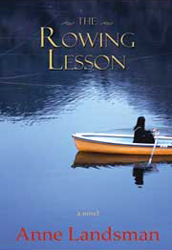 I spoke too, describing what went into the writing of my novels, how each book grew out of a different phase in my life. For someone who has lived so far away for so long, it was a great thrill to identify deeply familiar faces in the crowd, and to be seen and heard by those who have known me since I was a child. In the Q&A session, I was moved by the thoughtful questions that were asked, as well as a humorous anecdote an audience member told about my late father, on whom my novel The Rowing Lesson is based.
I spoke too, describing what went into the writing of my novels, how each book grew out of a different phase in my life. For someone who has lived so far away for so long, it was a great thrill to identify deeply familiar faces in the crowd, and to be seen and heard by those who have known me since I was a child. In the Q&A session, I was moved by the thoughtful questions that were asked, as well as a humorous anecdote an audience member told about my late father, on whom my novel The Rowing Lesson is based.
Later in the day, I was on a panel discussing what makes a book Jewish with Rabbi Sam Thurgood, Dennis Davis, and Marcia Leveson. I was excited to be in the company of Dennis Davis, a brilliant and compelling law professor (and now a High Court judge) whom I had heard speak at anti-Apartheid gatherings when I was a student in the late ‘70s; Marcia Leveson, a former University of the Witwatersrand English professor who published People of the Book: Images of the Jew in South African Fiction, 1880 – 1992; and Rabbi Sam Thurgood, the Rabbi of Beit Midrash Morasha, who recently created a significant and inspiring library of Jewish books there. We had a spirited debate about how narrow or broad the definition should be, in which I found myself arguing for inclusivity, for the term to accommodate as wide a range of Jewish experience as possible.
I came away from Cape Town’s Jewish Literary Festival with a sense of pride at the vibrancy of this small community, and the high level of participation of its members in a completely new endeavor. There was clearly a thirst for intellectual engagement and a desire to hear a wide range of voices reflecting the full panoply of Jewish life. On a personal level, I was touched over and over again by the people I knew, both those who spoke as well as those who attended. After so many years away, I found myself completely at home.
Anne Landsman is the author of The Rowing Lesson, a 2009 finalist for the Sami Rohr Prize for Jewish Literature.
Related Content:
- Erika Dreifus: Jewish-American Literature as Multicultural Literature
- Joseph Winkler: Five Jewish Writers Walk into a Bookstore…
- Lucette Lagnado: Lost and Found in Brooklyn
Anne Landsman grew up in Worcester, “a small South African town in the shadow of the Brandwacht mountains.” After completing her undergraduate degree at the University of Cape Town, Anne settled in New York City, where she has lived ever since. Her second novel, The Rowing Lesson, was a 2009 finalist for the Sami Rohr Prize for Jewish Literature.
Dispatch from South Africa’s First Jewish Literary Festival, Part I
Dispatch from South Africa’s First Jewish Literary Festival, Part II
